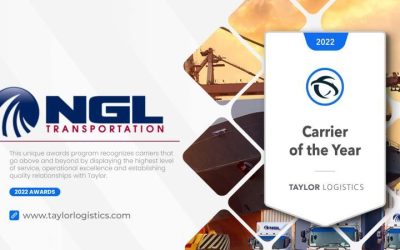More companies are driving towards private fleets in a tight trucking capacity market. Operators learn to adjust and fix up quickly to create value for their organizations.
Private fleets enable companies to provide exceptional levels of customer service, control their service levels, and guarantee availability in a tight market. When transportation and logistics capacity is controlled, availability and guarantees are difficult to get in an open market. Yes, there are challenges when operating private fleets such as safety, cost, and maintenance.
Now that we are rolling through
recovery, what does the private fleet
market look like and are all categories
of trucking on a growth path for
2021?
Big household names in
America run successful private fleets.
FleetSeek.com, a proprietary database of
trucking operations has 344,657 private
fleets currently operating in the United
States—compared to 169,498 for-hire
carriers and 203,068 independent owner
operators. Driving factors to increase
or decrease private fleet capacity are
service and capacity especially at a
time when transportation solutions are
more complex. And today, moving from a
private fleet to a dedicated fleet and
vice versa is a business decision during
market uncertainties and operational
realities encountered. What is important
is ensuring that there is enough
capacity in an energetically tight 2021
marketplace.
With today’s unpredictable market and post pandemic, for-hire carrier rate increases, shipping volumes are higher and fuel costs are going up making private fleets grow capacity however what is even a bigger challenge is finding quality drivers behind the wheel because the demand for drivers exceeds available supply.
The decision to choose a private fleet or a dedicated fleet depends on company needs and what a company can afford which includes taking a closer look at the cost elements of running your own fleet versus outsourcing to a common carrier.





